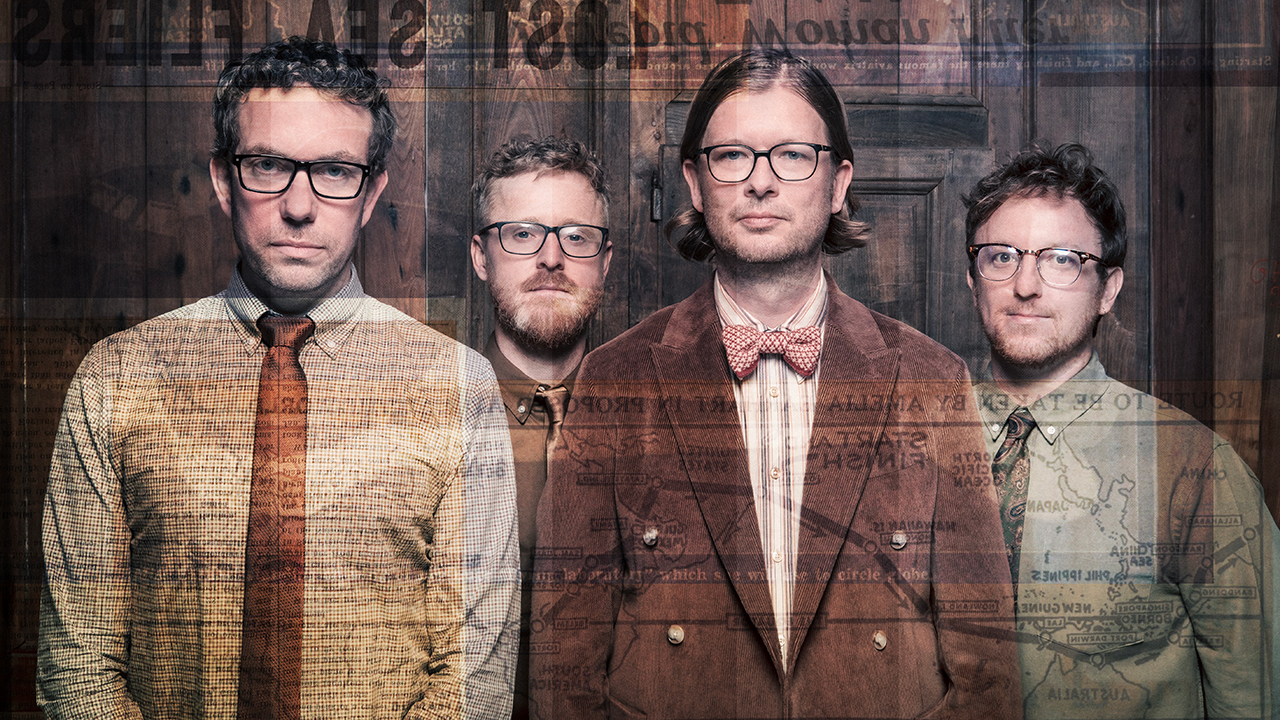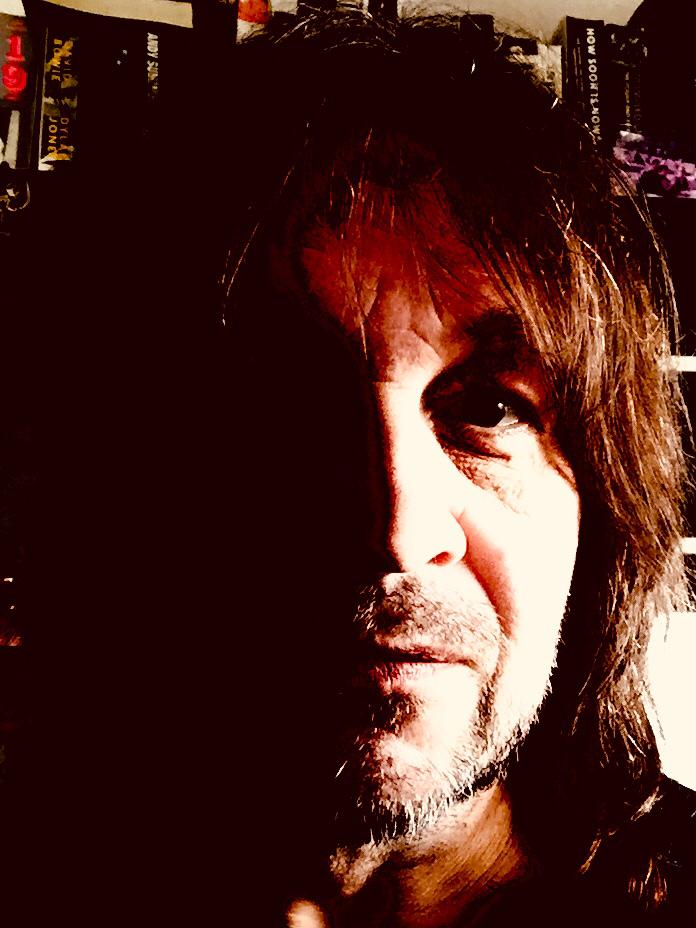“I don’t think this is a story of failure… It’s a shame she didn’t make it, but we can all learn so much from what happened”: Why Public Service Broadcasting made an album about air pioneer Amelia Earhart
She went missing in 1937 during an attempt to fly round the world – now J Willgoose, Esq has used the material she left behind to bring her story back to life

Public Service Broadcasting’s fifth album, The Last Flight, explores Amelia Earhart’s 1937 attempt to circumnavigate the world. Ahead of its release, J Willgoose, Esq told Prog how the record came together.
J Willgoose, Esq knew very quickly that pioneering aviator Amelia Earhart – who, in 1928, became the first woman to fly across the Atlantic – had to be the subject of Public Service Broadcasting’s fifth album.
Earhart, already a record-breaking pilot, went missing somewhere in the Pacific Ocean in 1937 as she attempted to become the first female pilot to circumnavigate the world, and it’s that adventure that forms the basis of The Last Flight.
“Because so much of the historical archive is male-focused, male-recorded and male-stewarded, I was looking for an inspiring female-focused story,” Willgoose says. “And as soon as I started investigating Amelia Earhart and started looking at the story of her final flight in particular, it just clicked. It made perfect sense.”
He continues: “I like the fact that she’d written her own account of it. She’d written a book of her final flight. She was making journals and sending stuff back to her husband as she went.
“I don’t think this is a story of failure: it’s indicative of the human spirit and willingness to try these things. This was a spiritual call that goes beyond humanity.”
Earhart’s journals informed the album’s lyrics, which are performed by a number of guests including Gurr vocalist Andreya Casablanca and Kate Stables of folk-proggers This Is The Kit.
Sign up below to get the latest from Prog, plus exclusive special offers, direct to your inbox!
In the absence of archival recordings of the pilot herself, journal entries and historical quotes helped Willgoose create his own ‘samples,’ read by actor Kate Graham, which were treated to sound like they’d been recorded at the time.
Willgoose is full of praise fore Earhart: “She was a rare combination of technical brilliance, courage and the ability to be in control of those moments at high stress,” he says.
“But she also had a poetic nature and a philosophical nature. My takeaway is: ‘What a shame she didn’t make it – but we can all learn so much from what happened anyway.”
Julian Marszalek is the former Reviews Editor of The Blues Magazine. He has written about music for Music365, Yahoo! Music, The Quietus, The Guardian, NME and Shindig! among many others. As the Deputy Online News Editor at Xfm he revealed exclusively that Nick Cave’s second novel was on the way. During his two-decade career, he’s interviewed the likes of Keith Richards, Jimmy Page and Ozzy Osbourne, and has been ranted at by John Lydon. He’s also in the select group of music journalists to have actually got on with Lou Reed. Marszalek taught music journalism at Middlesex University and co-ran the genre-fluid Stow Festival in Walthamstow for six years.

![Public Service Broadcasting - The South Atlantic [ft. This Is The Kit] - YouTube](https://img.youtube.com/vi/OUh1xKJt8co/maxresdefault.jpg)

